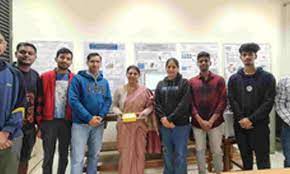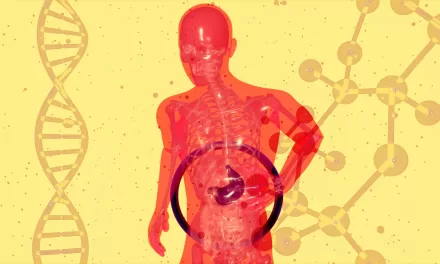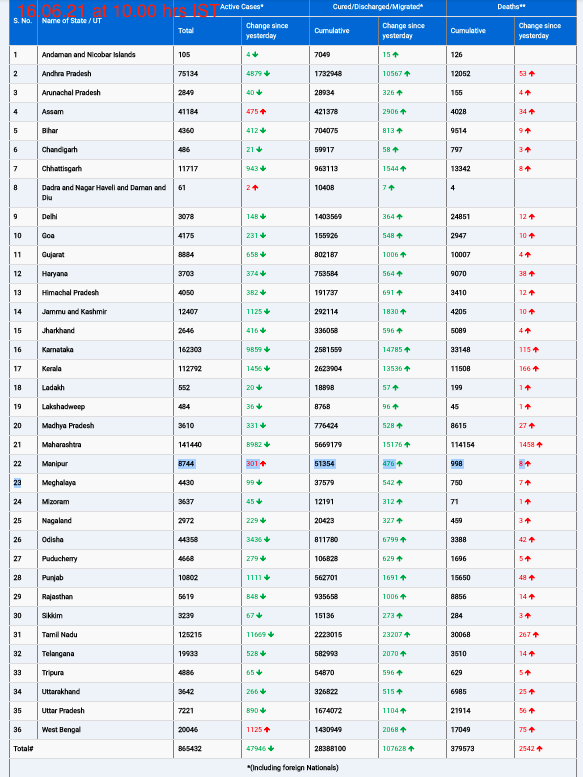Jodhpur, India – February 23, 2024
Researchers at the Indian Institute of Technology (IIT) Jodhpur have made a significant breakthrough in healthcare technology with the development of the first “Make in India” human breath sensor. This innovative device is designed to measure alcohol levels in the breath, aiming to combat drunk driving incidents, while also offering potential applications in the diagnosis and characterization of respiratory diseases such as asthma and chronic obstructive pulmonary disease (COPD).
The breath sensor, crafted from metal oxides and nano silicon and operating at room temperature, marks a departure from conventional bulky breath analyzers. Dr. Saakshi Dhanekar, Associate Professor in the Department of Electrical Engineering at IIT Jodhpur, emphasized that the device is designed for ease of use, functioning like a plug-and-play system without the need for extensive preparation time or power-consuming heaters.
“While the primary focus of the sensor is alcohol detection, its versatility extends to the characterization of various diseases by monitoring volatile organic compounds (VOCs) present in a person’s breath,” Dr. Dhanekar stated. The device’s adaptability lies in its ability to undergo changes in sensing layers and utilize an array of sensors, resembling an Electronic Nose, coupled with data analytics.
VOCs, a diverse group of organic chemicals, offer valuable insights into an individual’s health status. By analyzing these compounds, the sensor can aid in the identification of conditions such as asthma, COPD, diabetic ketoacidosis, sleep apnea, and cardiac arrest.
The technology behind the device employs an electronic nose with a room-temperature operable heterostructure, comprising metal oxide and nano silicon. As breath is passed through the sensor, the presence of alcohol triggers a change in resistance, which is then measured and correlated with the concentration of alcohol present.
Moreover, machine learning algorithms process the data collected from the sensor array, enabling the identification of distinct breath components and the segregation of alcohol from the mixture of VOCs.
Dr. Dhanekar emphasized the broader implications of this innovation, envisioning its integration into various fields, from healthcare and wellness to wearable technology and Internet of Things (IoT) applications. The device’s output can be seamlessly connected to platforms such as Raspberry Pi, facilitating the transmission of data to medical professionals or smartphones for immediate analysis and action.
The research detailing this groundbreaking development was recently published in IEEE Sensors Letters, underscoring its significance in advancing both healthcare diagnostics and technological innovation.












